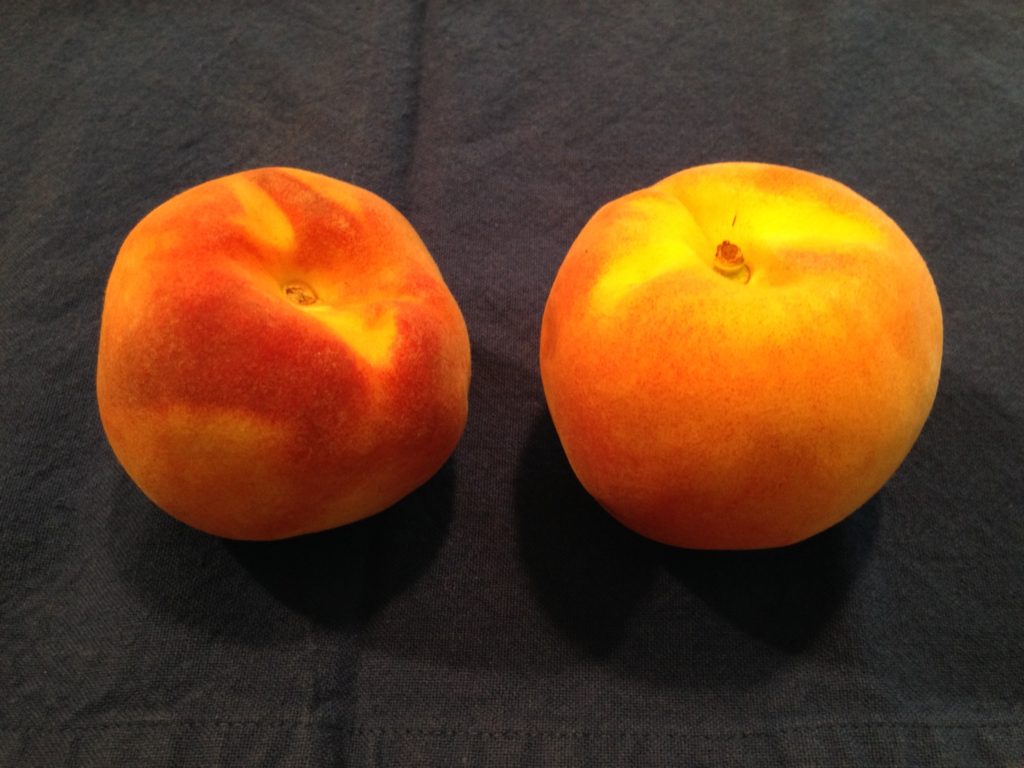
If I had the chance to live my life over but had to go through junior high again, I’d pass.
The stage that’s now called middle school is a brutal one. Puberty plus jockeying for social power equals a hot mess that can be painful for almost everyone.
That age can be particularly hard for girls who start puberty early, especially if their breasts are large. At a time when everyone just wants to blend in, a womanly figure makes a girl stand out. So on top of having to adjust to her changing body and unpredictable emotions, she experiences the leering of the boys (and possibly grown men) and the envy, ridicule, or anxiety of other girls.
Girls who develop early tend to respond in one of two ways: hiding their breasts, or flaunting them.
“Please don’t notice.” The just-want-to-hide girl is the one with baggy sweatshirts and hunched shoulders. She may be ashamed of having curves that are larger or appear earlier than everyone else’s. Her body may be developing ahead of her emotional readiness to date. In her desire to go unnoticed, she may retreat and be reluctant to speak out.
“Check ‘em out!” Other early bloomers love the attention their curves bring. They are well aware that boys are drooling over them and that even adult men notice. They may feel sexy and powerful. They may or may not know what to do with that power…but it’s a cool feeling. They may be pressured to act sexually in ways beyond their emotional maturity.
In both situations, the role for parents is to talk about what’s going on. Be curious about what kind of attention she’s gotten and what that feels like. Embarrassing? Exciting? Empowering? Confusing? How has her shape affected how other people treat her? Does she need advice on deterring unwanted attention or overtures? Does she need encouragement to be her friendly self in the world regardless of her curves?
If you/her mom developed early, that’s a great way to begin the conversation. “I got my breasts early, too, and it was awkward (or empowering) for me. I hated (liked) the attention. But it was confusing, too.” If you didn’t develop early, you can use that: “I started wearing a bra later than you, so I can only guess what it’s like for you. But I do remember how hard it was to stand out in middle school….” If large breasts run in the family, talk about the social implications of curviness, and the physical ones. (Make sure she has supportive, well-fitting bras.)
When you lead with empathy and curiosity, there’s a good chance your daughter will open up about what she’s feeling. (Maybe now, or maybe once she’s had some time to perk your comments.) Even if she never talks about her experiences, what you’ve said validates her feelings; you at least sort of get it. You also show that you’re someone she can talk to about her body, her feelings, and her social world—which benefits both of you as she moves into her complicated teen years.